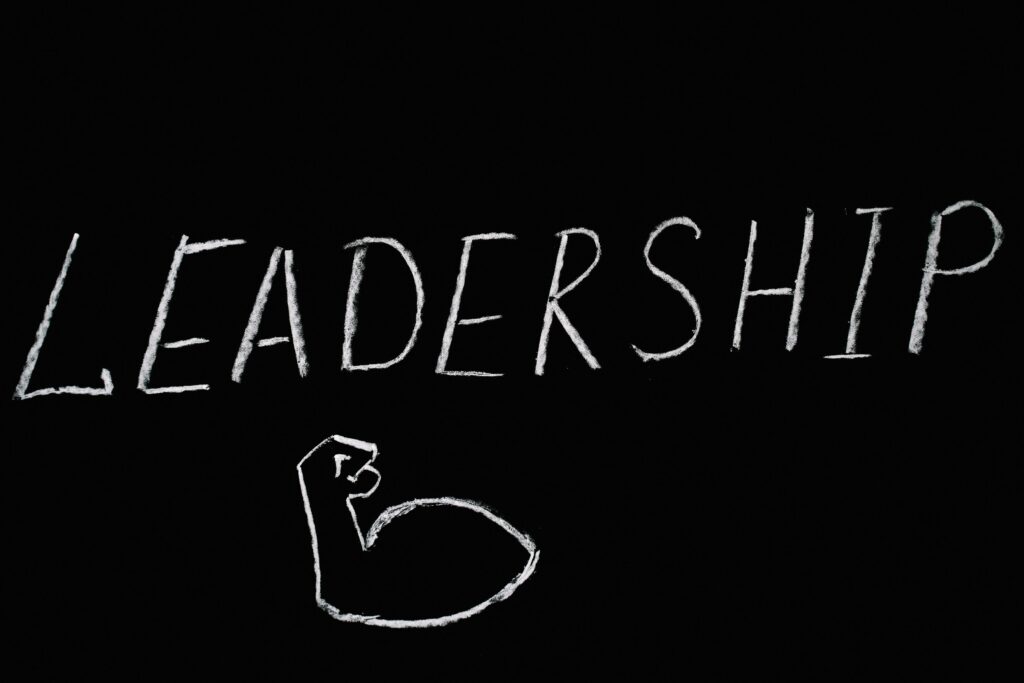In any work setting, you are required to handle disagreements, and have hard talks. If these conversations are handled well, they can lead to better relationships, and results for everyone. This guide will show you how to handle disagreements and tough talks in a healthy way, using what you can learn from the way Doledge India Reviews works as seen in different Prospects and problems that people have complained about.
Understanding The Importance of Conflict Management
Although, there will always be conflicts at work, their handling will greatly affect their outcomes. Constructive resolution of problems could inspire fresh ideas, improved cooperation, and more effective problem-solving. But if differences aren’t solved, they can cause less work to get done, low morale, and even the loss of employees.
Strategies for Managing Conflicts
Active Listening
Active listening is one of the most important things you can do to handle disagreements. This means paying full attention to what is being said, getting the message, replying carefully, and remembering, what was said. In their training programs, Doledge India stresses active listening so that all of their workers feel like they are being heard and respected.
Stay Calm and Composed
During fights, feelings can get very strong. Being cool and collected is important because it helps to lower the stress level. If you take a few deep breaths and wait to answer, you can keep the talk from getting too heated.
Seek to Understand, Then to Be Understood
One of Stephen Covey’s ideas from “The 7 Habits of Highly Effective People” fits this situation very well. Try to see things from the other person’s point of view before you say what you think. This method is often praised in Doledge India Reviews as an important part of their training on how to deal with conflicts.
Focus on the Issue, Not the Person
Attacking someone personally can ruin a good talk. Speak on the issue at hand rather than criticizing the other person’s morality. This keeps the conversation focused on seeking solutions and keeps it straightforward.
Collaborate on Solutions
Instead of forcing an answer, try to come up with a solution that works for everyone. This way of working together can make answers last longer and improve relationships at work.
Navigating Difficult Conversations
Conversations that are hard to have are ones that involve touchy subjects or big issues. Getting ready for these talks can help make sure they are helpful and polite.
Prepare in Advance
Plan for your primary ideas and the presentation of them. Consider the comments that others may make and prepare your response. It may go more easily if you prepare for the discussion.
Pick the Best Place and Time
Make sure the space is private and won’t be disturbed. Pick a time when both people are likely to be quiet and open to what you have to say.
Use “I” Statements
Use “I” words to talk about your worries and how you feel without blaming the other person. For instance, say “I worry when deadlines are missed” instead of “You always miss deadlines.”
Be Honest and Direct
Being sensitive is important, but being honest and straight is even more so. Not getting to the point can cause problems and mistakes that aren’t fixed.
Follow Up
After the talk, make sure that any deals are being carried out and that any problems that are still open are being dealt with. This shows that you want to end the argument and make the connection better.
Visit Doledge India for more information and full training on how to handle disagreements and tough talks. Check out their variety of tools and training programs that are meant to improve output and unity at work. The Doledge India Reviews show how their successful tactics have changed the way groups handle conflicts. If you handle any Doledge India Complaint in a planned and strategic way, you may get better results, and a happier work atmosphere.
You can make a big difference in how things work at work by how you handle arguments and tough talks. By staying cool, actively listening, and focused on working together to find answers, you can turn bad situations to get better.






